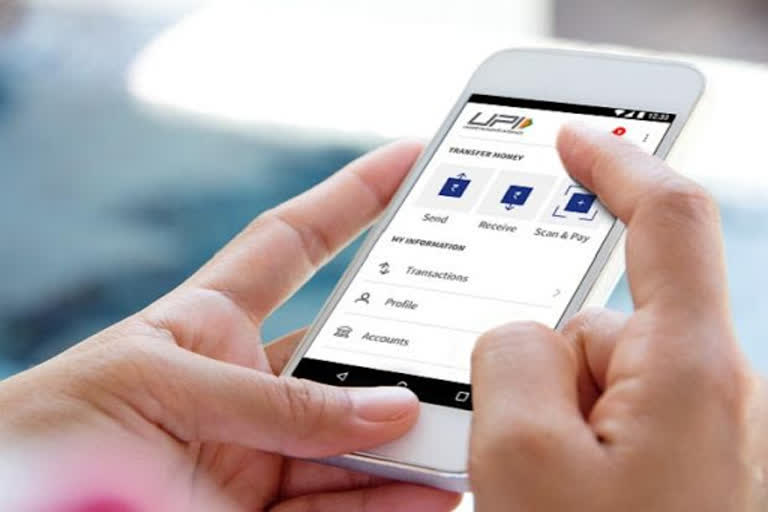Business Desk, ETV Bharat: In what could boost digital payments further in an economy that is slowly moving away from cash, the government earlier this week reiterated that banks cannot charge customers for Unified Payments Interface (UPI)-based transactions.
This implies that customers using UPI facility for payments or money transfer can fulfil the transactions without bearing any additional transaction cost. Also, in case they have paid any such charges on UPI transactions done so far this year, they would receive a refund of that fee in their bank accounts by the respective lenders.
In a circular released this week, the Central Board of Direct Taxes (CBDT) has directed banks to return to customers and merchants any fees levied for making UPI transactions in 2020.
“Banks are… advised to immediately refund the charges collected, if any, on or after January 1, 2020, on transactions carried out using the electronic modes… and not to impose charges on any future transactions carried through the said prescribed modes,” the circular said.
But why was there a confusion on charges? And what exactly led to the CBDT’s circular? Read here to know details:
What is the core issue?
In order to promote digital payments, Finance Minister Nirmala Sitharaman in December 2019 had announced that no MDR charges will be applicable on transactions through RuPay and UPI platforms beginning 1 January 2020. MDR, or merchant discount rate, is the cost paid by a merchant to a bank for accepting payment from their customers via digital means.
However, some private banks were reportedly charging a fee on UPI peer-to-peer (P2P) payments (or money transfers) against the prescribed norms.
How could banks charge a fee if it is against the law?
A report published by Ashish Das of IIT Bombay claims that banks are interpreting the law as per their convenience to conclude that while ‘UPI payments’ are free, transfers can be charged.
The report explains that this interpretation would mean that if a user decides to use UPI to split a restaurant bill, payment to the restaurant will qualify to be a free transaction, but the transfer of money among friends would not.
